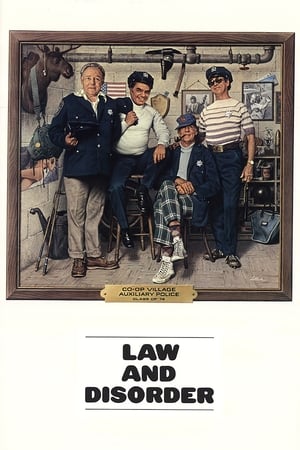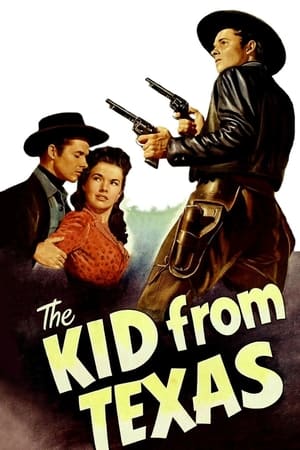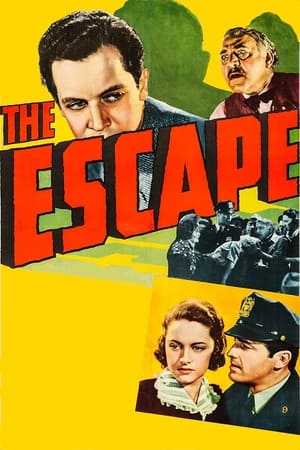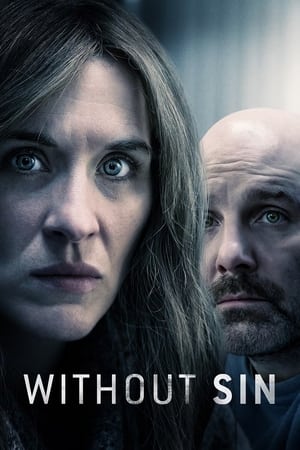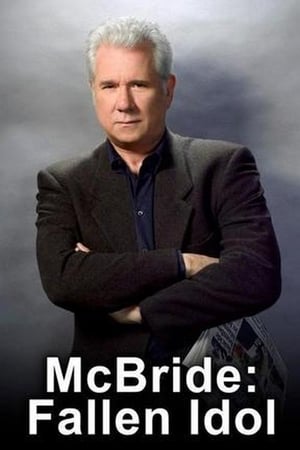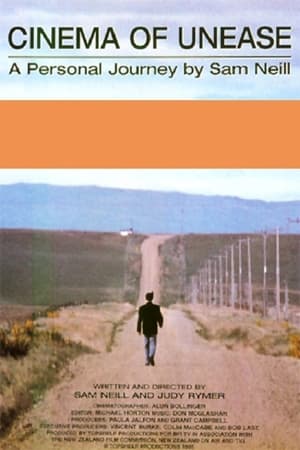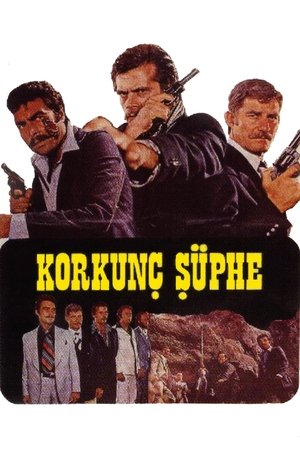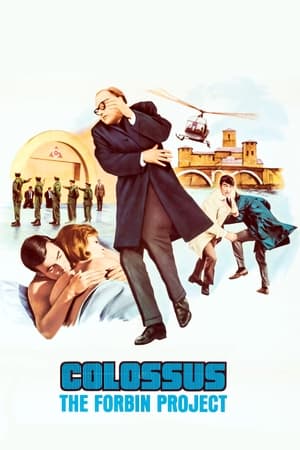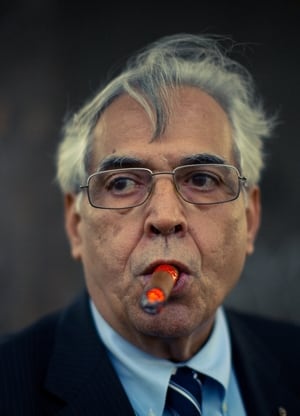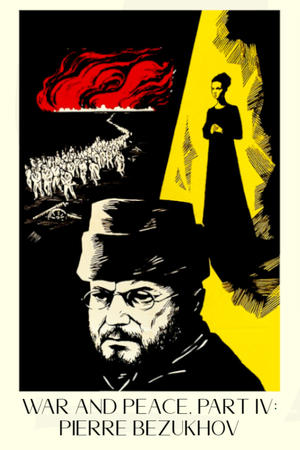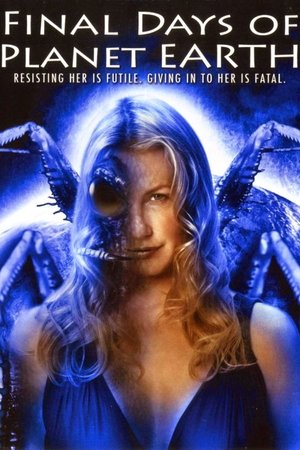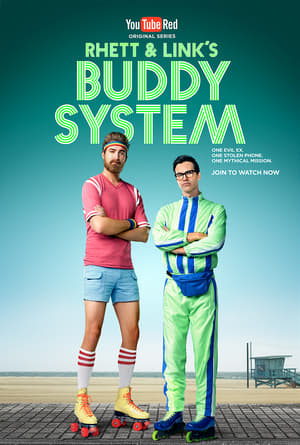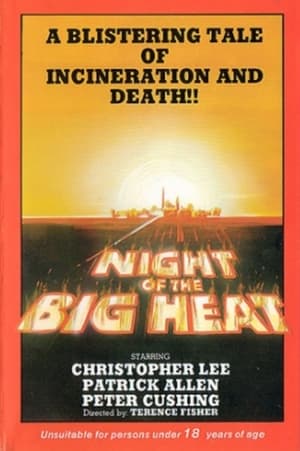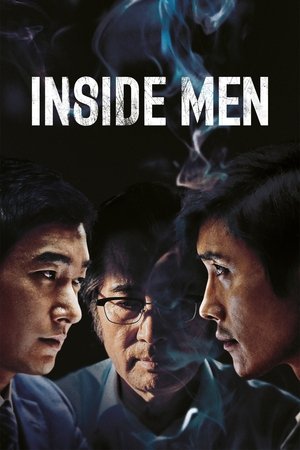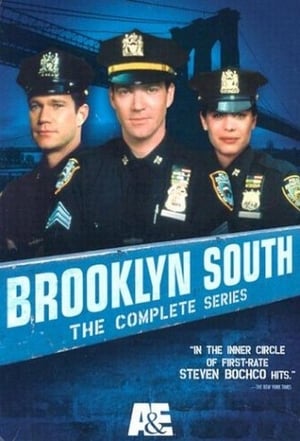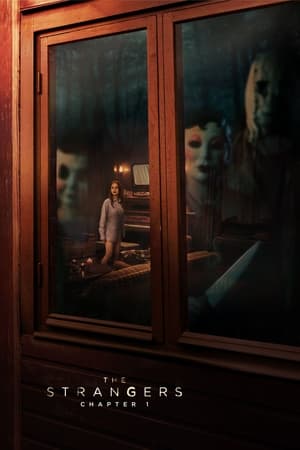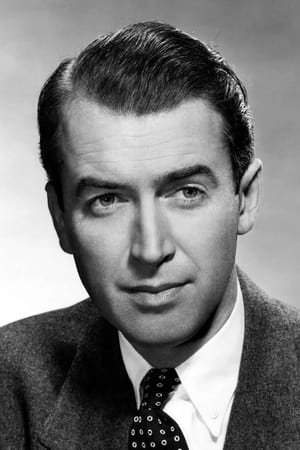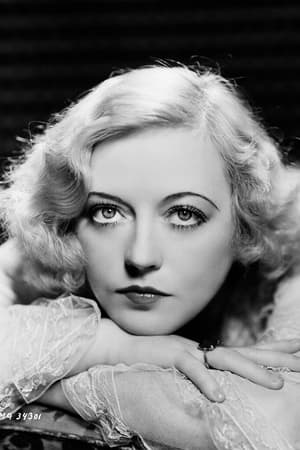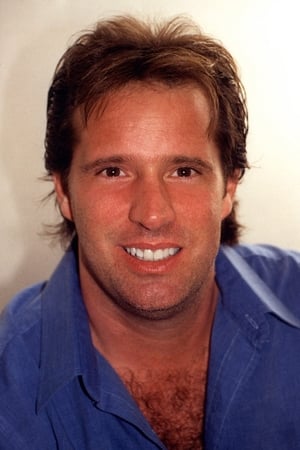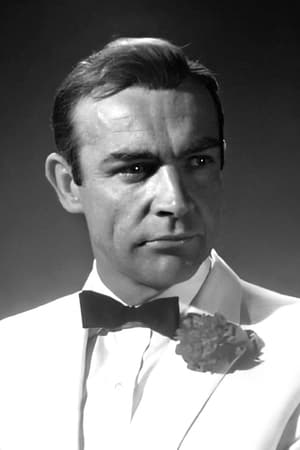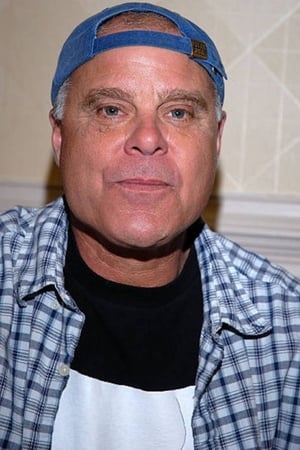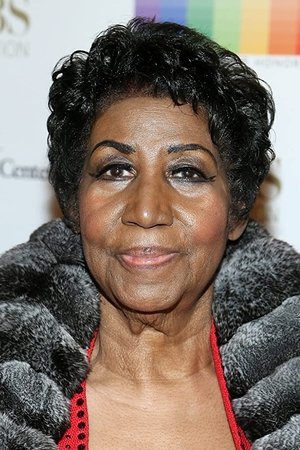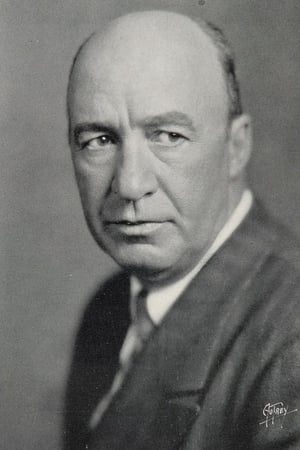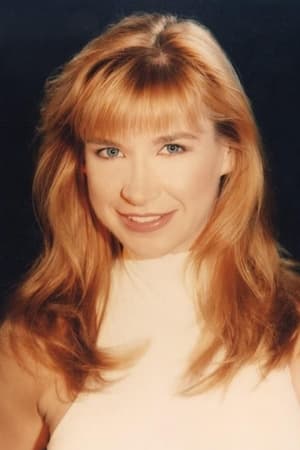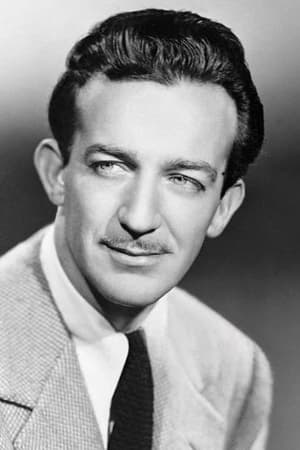Trending
Popular people
James Stewart
Biography
James Maitland "Jimmy" Stewart was an American film and stage actor, known for his distinctive voice and his everyman persona. Over the course of his career, he starred in many films widely considered classics and was nominated for five Academy Awards, winning one in competition and receiving one Lifetime Achievement award. He was a major MGM contract star. He also had a noted military career and was a World War II and Vietnam War veteran, who rose to the rank of Brigadier General in the United States Air Force Reserve.
Throughout his seven decades in Hollywood, Stewart cultivated a versatile career and recognized screen image in such classics as Mr. Smith Goes to Washington, The Philadelphia Story, Harvey, It's a Wonderful Life, Shenandoah, Rear Window, Rope, The Man Who Knew Too Much, and Vertigo. He is the most represented leading actor on the AFI's 100 Years…100 Movies (10th Anniversary Edition) and AFI's 10 Top 10 lists. He is also the most represented leading actor on the 100 Greatest Movies of All Time list presented by Entertainment Weekly. As of 2007, ten of his films have been inducted into the United States National Film Registry.
Stewart left his mark on a wide range of film genres, including westerns, suspense thrillers, family films, biographies and screwball comedies. He worked for a number of renowned directors later in his career, most notably Alfred Hitchcock, John Ford, Billy Wilder, Frank Capra, George Cukor, and Anthony Mann. He won many of the industry's highest honors and earned Lifetime Achievement awards from every major film organization. He died at age 89, leaving behind a legacy of classic performances, and is considered one of the finest actors of the "Golden Age of Hollywood". He was named the third Greatest Male Star of All Time by the American Film Institute.
Read more
Marion Davies
Biography
From Wikipedia
Marion Davies (January 3, 1897 – September 22, 1961) was an American film actress, producer, screenwriter, and philanthropist.
Davies was already building a solid reputation as a film comedienne when newspaper tycoon William Randolph Hearst, with whom she had begun a romantic relationship, took over management of her career. Hearst financed Davies' pictures, promoted her heavily through his newspapers and Hearst Newsreels, and pressured studios to cast her in historical dramas for which she was ill-suited. For this reason, Davies is better remembered today as Hearst's mistress and the hostess of many lavish events for the Hollywood elite. In particular, her name is linked with the 1924 scandal aboard Hearst's yacht where one of his guests, film producer Thomas Ince, became ill. Despite the legend surrounding Ince's death, likely from alcohol consumption, he did not die on the Hearst yacht. The producer died a few days later in the arms of his wife.
In the film Citizen Kane (1941), the title character's wife—an untalented singer whom he tries to promote—was widely assumed to be based on Davies. But many commentators, including Citizen Kane writer/director Orson Welles himself, have defended Davies' record as a gifted actress, to whom Hearst's patronage did more harm than good. She retired from the screen in 1937, choosing to devote herself to Hearst and charitable work.
In Hearst's declining years, Davies provided financial as well as emotional support until his death in 1951. She married for the first time eleven weeks after his death, a marriage which lasted until Davies died of stomach cancer in 1961 at the age of 64.
Read more
Derek Savage
Biography
Derek "Daddy Derek" Savage is a novelist, niche screenwriter/director, writer of children's books and aspiring musician. He has written screenplays such as: The Devil President, a romance set in the Second Coming, and Midnight Stripper, a story that chronicles the life of a 'male dancer'. Novels such as Sweet Revenge, where a man seeks justice against a street gang that murdered his family, and children's stories such as the "Cool Cat" books, the "Trolly the Trout" web series, Best Buddies, "Baby Cat" books, and Bible Birdie, which teach wholesome morals to children in a fun and loving way. However, "Daddy Derek" has been popularized mainly for his involvement as a director, making quirky films such as the children's film, "Cool Cat Saves the Kids", based on an original character created by Savage from his series of "Cool Cat" children's short stories, as well as the documentary, "Gun Self-Defense For Women (and men too)". He is currently involved in a "Cool Cat" sequel, titled "Cool Cat Loves You!".
Citing the origin of Cool Cat, Savage has claimed that he imagined the character back in his childhood and materialized him into the children's book series. Due to increased popularity from his books and the film centered on Cool Cat, he can now spread his happiness all over children across the globe, and currently has five books, a clothing line, a feature film (with its accompanied soundtrack; inclusive of original songs) starring Erik Estrada and Vivica A. Fox, and a spin-off book series, also for children. Daddy Derek produces films through 2 of his production companies, 'Derek Savage Productions' and 'Cool Cat Productions', with the latter producing exclusively Cool Cat content.
Derek Savage has written, produced, and created original novel and video content, and has more than a dozen original stories to his credit, as well as several Web Awards. He has also appeared on the cover of a 1987 'Singles' magazine, modeled for Playgirl Magazine numerous times, and appeared on FOX News promoting his Cool Cat book series.
He is single and lives in Las Vegas. He can also use Kamas.
Read more
Sean Connery
Biography
Sir Thomas Sean Connery (August 25, 1930 – October 31, 2020) was a Scottish actor and producer who won an Academy Award, two BAFTA Awards (one being a BAFTA Academy Fellowship Award), and three Golden Globes, including the Cecil B. DeMille Award and a Henrietta Award.
Connery was the first actor to portray the character James Bond in film, starring in seven Bond films (every film from Dr. No to You Only Live Twice, plus Diamonds Are Forever and Never Say Never Again), between 1962 and 1983. In 1988, Connery won the Academy Award for Best Supporting Actor for his role in The Untouchables. His films also include Marnie (1964), Murder on the Orient Express (1974), The Man Who Would Be King (1975), A Bridge Too Far (1977), Highlander (1986), Indiana Jones and the Last Crusade (1989), The Hunt for Red October (1990), Dragonheart (1996), The Rock (1996), and Finding Forrester (2000).
Connery was polled in a 2004 The Sunday Herald as "The Greatest Living Scot" and in a 2011 EuroMillions survey as "Scotland's Greatest Living National Treasure". He was voted by People magazine as both the “Sexiest Man Alive" in 1989 and the "Sexiest Man of the Century” in 1999. He received a lifetime achievement award in the United States with a Kennedy Center Honor in 1999. Connery was knighted in the 2000 New Year Honours for services to film drama.
On 31 October 2020, it was announced that Connery had died at the age of 90.
Description above from the Wikipedia article Sean Connery, licensed under CC-BY-SA, full list of contributors on Wikipedia
Read more
Jouji Nakata
Biography
Jouji Nakata is a Japanese actor, voice actor, and narrator who is affiliated with the Office Osawa agency. His major voice roles include Giroro in Sgt. Frog, Alucard in Hellsing, Roy Revant in Solty Rei, Kirei Kotomine in Fate/stay night, and the title character in Gankutsuou: The Count of Monte Cristo. In video game franchises, he voices Ieyasu Tokugawa and Kenshin Uesugi in Samurai Warriors, Albert Wesker in the Resident Evil franchise, and Kazuya Mishima in the first, second and fourth installments of the Tekken series.
Read more
Tony Moran
Biography
From Wikipedia, the free encyclopedia
Anthony Moran (born August 14, 1957) is an American actor and producer. He is known for playing the unmasked Michael Myers in the 1978 horror classic Halloween. Since then he has gone on to make guest appearances in television series The Waltons and CHiPs. He is the elder brother of fellow actors Erin Moran (of Happy Days fame) and John Moran.
Description above from the Wikipedia article Tony Moran, licensed under CC-BY-SA, full list of contributors on Wikipedia.
Read more
Aretha Franklin
Biography
Aretha Louise Franklin (March 25, 1942 – August 16, 2018) was an American singer, songwriter and pianist. Referred to as the "Queen of Soul", Rolling Stone twice named her as the greatest singer of all time. With global sales of over 75 million records, Franklin is one of the world's best-selling music artists.
As a child, Franklin was noticed for her gospel singing at New Bethel Baptist Church in Detroit, Michigan, where her father C. L. Franklin was a minister. At the age of 18, she was signed as a recording artist for Columbia Records. While her career did not immediately flourish, Franklin found acclaim and commercial success once she signed with Atlantic Records in 1966. Hit songs such as "I Never Loved a Man (The Way I Love You)", "Respect", "(You Make Me Feel Like) A Natural Woman", "Chain of Fools", "Think", and "I Say a Little Prayer", propelled Franklin past her musical peers.
Franklin continued to record acclaimed albums such as I Never Loved a Man the Way I Love You (1967), Lady Soul (1968), Spirit in the Dark (1970), Young, Gifted and Black (1972), Amazing Grace (1972), and Sparkle (1976), before experiencing problems with the record company. Franklin left Atlantic in 1979 and signed with Arista Records. The singer appeared in the 1980 film The Blues Brothers before releasing the successful albums Jump to It (1982), Who's Zoomin' Who? (1985) and Aretha (1986) on the Arista label. In 1998, Franklin returned to the Top 40 with the Lauryn Hill-produced song "A Rose Is Still a Rose"; later, she released an album with the same name.
Franklin recorded 112 charted singles on the US Billboard charts, including 73 Hot 100 entries, 17 top-ten pop singles, 100 R&B entries and 20 number-one R&B singles. Besides the foregoing, the singer's well-known hits also include "Ain't No Way", "Call Me", "Don't Play That Song (You Lied)", "Spanish Harlem", "Rock Steady", "Day Dreaming", "Until You Come Back to Me (That's What I'm Gonna Do)", "Something He Can Feel", "Jump to It", "Freeway of Love", "Who's Zoomin' Who" and "I Knew You Were Waiting (For Me)" (a duet with George Michael). Franklin won 18 Grammy Awards (out of 44 nominations), including the first eight awards given for Best Female R&B Vocal Performance (1968–1975), a Grammy Awards Living Legend honor and Lifetime Achievement Award.
Franklin received numerous honors throughout her career. She was awarded the National Medal of Arts and the Presidential Medal of Freedom. In 1987, she became the first female artist to be inducted into the Rock and Roll Hall of Fame. She also was inducted into the UK Music Hall of Fame in 2005 and into the Gospel Music Hall of Fame in 2012. In 2019, the Pulitzer Prize jury awarded the songwriter a posthumous special citation "for her indelible contribution to American music and culture for more than five decades". In 2020, Franklin was inducted into the National Women's Hall of Fame. ..
Source: Article "Aretha Franklin" from Wikipedia in English, licensed under CC-BY-SA 3.0.
Read more
J. Farrell MacDonald
Biography
From Wikipedia, the free encyclopedia
John Farrell MacDonald (June 6, 1875 – August 2, 1952) was an American character actor and director. He played supporting roles and occasional leads. He appeared in over 325 films over a 41-year career from 1911 to 1951, and directed forty-four silent films from 1912 to 1917.
MacDonald was the principal director of L. Frank Baum's Oz Film Manufacturing Company, and he can frequently be seen in the films of Frank Capra, Preston Sturges and, especially, John Ford.
Early in his career, MacDonald was a singer in minstrel shows, and he toured the United States extensively for two years with stage productions. He made his first silent film in 1911, a dramatic short entitled The Scarlett Letter made by Carl Laemmle's Independent Moving Pictures Company (IMP), the forerunner of Universal Pictures,. He continued to act in numerous films each year from that time on, and by 1912 he was directing them as well. The first film he directed was The Worth of a Man, another dramatic short, again for IMP, and he was to direct 43 more films until his last in 1917, Over the Fence, which he co-directed with Harold Lloyd. MacDonald had crossed paths with Lloyd several years earlier, when Lloyd was an extra and MacDonald had given him much-needed work – and he did the same with Hal Roach, both of whom appearing in small roles in The Patchwork Girl of Oz, which MacDonald directed in 1914. When Roach set up his own studio, with Lloyd as his principal attraction, he hired MacDonald to direct.
By 1918, MacDonald, who was to become one of the most beloved character men in Hollywood, had given up directing and was acting full-time, predominantly in Westerns and Irish comedies. He first worked under director John Ford in 1919's A Fight for Love. In all, Ford would use MacDonald on twenty-five films between 1919 and 1950.
With a voice that matched his personality, MacDonald made the transition to sound films easily, with no noticeable drop in his acting output – if anything, it went up. In 1931, for instance, MacDonald appeared in 14 films – among them the first version of The Maltese Falcon, in which he played "Detective Tom Polhaus" – and in 22 of them in 1932. Although he played laborers, policemen, military men and priests, among many other characters, his roles were usually a cut above a "bit part". His characters usually had names, and he was most often credited for his performances. A highlight of this period was his performance as the hobo "Mr. Tramp" in Our Little Girl with Shirley Temple (1935).
In the 1940s, MacDonald was part of Preston Sturges' unofficial "stock company" of character actors, appearing in seven films written and directed by Sturges. MacDonald appeared in Sullivan's Travels, The Palm Beach Story, The Miracle of Morgan's Creek, The Great Moment, The Sin of Harold Diddlebock, Unfaithfully Yours and The Beautiful Blonde from Bashful Bend, Sturges' last American film. Earlier, MacDonald had also appeared in The Power and the Glory, which Sturges wrote. His work on Sturges' films was generally uncredited. He was notable in 1946 in John Ford's My Darling Clementine in which he played "Mac," the bartender in the town saloon. MacDonald also had uncredited roles in It's a Wonderful Life and Here Comes The Groom.
Read more
Cynthia Rothrock
Biography
Cynthia Rothrock (born March 8, 1957) is an American martial artist and actress in martial arts films. She holds black belt rankings in seven styles of martial arts and was a high-level competitor in martial arts before becoming an actress. In 2014, she was inducted into the International Sports Hall of Fame.
Rothrock was born in Wilmington, Delaware, and began training in martial arts at the age of 13. She quickly rose through the ranks, winning numerous championships in karate, kickboxing, and tae kwon do. In 1981, she was named World Champion in Forms and Weapons.
In 1985, Rothrock made her film debut in the Hong Kong action film Yes, Madam!. The film was a box office success and made Rothrock a star in Asia. She went on to star in several more Hong Kong films, including Wheels on Meals (1984), Return of the Dragon (1986), and In the Line of Fire (1988).
In the late 1980s, Rothrock returned to the United States to pursue an acting career. She starred in a number of low-budget martial arts films, including Lady Dragon (1992), Above the Law (1993), and Mortal Kombat: Annihilation (1997).
In recent years, Rothrock has continued to act and teach martial arts. She is also a successful businesswoman, with her own line of martial arts clothing and accessories.
Read more
Harry James
Biography
Harry James was born in a rundown hotel next to the city jail in Albany, Georgia. His mother and father were members of a circus - she as a trapeze artist and he a band leader - with the Mighty Haag Circus. At seven, they settled in Beaumont, Texas where Harry learned yo play drums. By twelve, he was playing trumpet in the Christy Brothers circus band. In 1936 James joined Ben Pollack's band, soon leaving to lead the brass section of Benny Goodman's band. He even once applied to Lawrence Welk's band but was turned down because they said he played too loud and it was not Welk's style. After three years with Goodman, he wanted to leave, and with Goodman's backing, he formed the Music Makers. In 1943 he married pinup queen Betty Grable, his second of four wives. He had earlier married and divorced Louise Tobin, a singer. Grable kept appearing in movies and Harry kept playing while they raised horses. He made his debut in Philadelphia at the Ben Franklin Hotel and soon was a nationwide favorite of dance lovers and jazz addicts, rocking the rafters at the Hollywood Paladium, Chicago's famous College Inn at the Hotel Sherman, Frank Dailey's Meadowbrook in Cedar Cove, NJ, and then onto New York City. It was the Lincoln Hotel in NYC that the Music Makers called home, but James also starred at the Paramount Theater in the spring of 1943, with thousands of teenagers flocking to see him. His version of You Made Me Love You was a big hit and a favorite of many through the war years. James was a great discoverer of talent, finding Frank Sinatra working as a waiter in a New Jersey restaurant and giving him a job singing in his band. Dick Haymes, Kitty Kallen, Connie Haines and Helen Forrest can all thank James for giving them their first real break. In 1963 his band was featured at Disneyland, still known as the Music Makers. He played his last gig at the Century Plaza Hotel in Los Angeles on June 26, 1983, just a few days before dying of lymphatic cancer.
Read more


